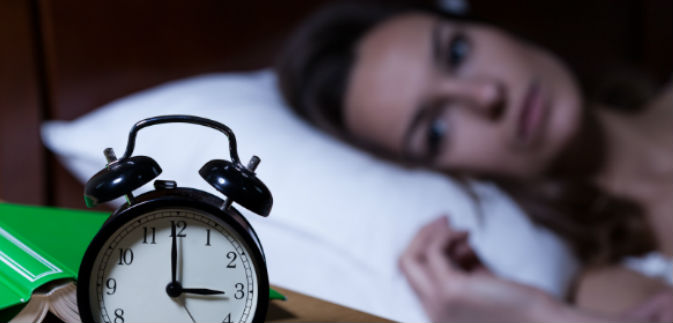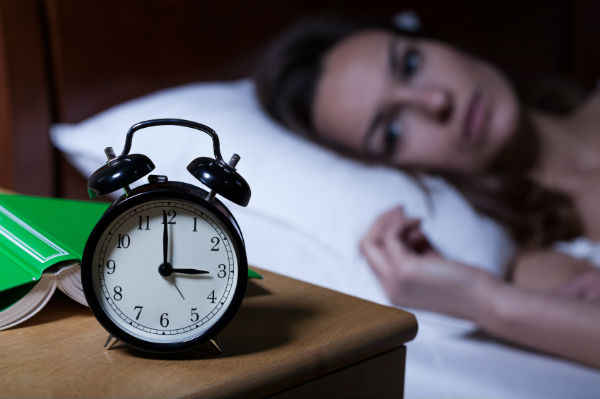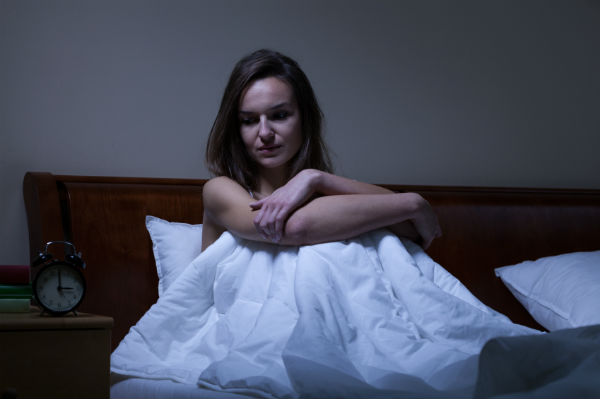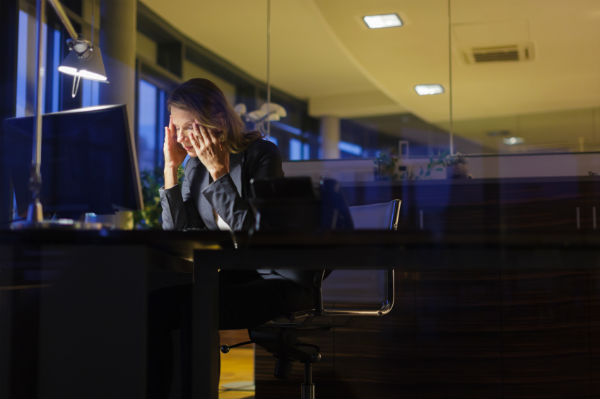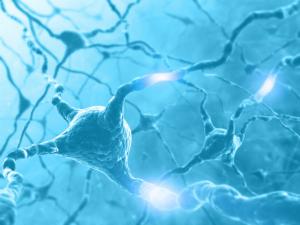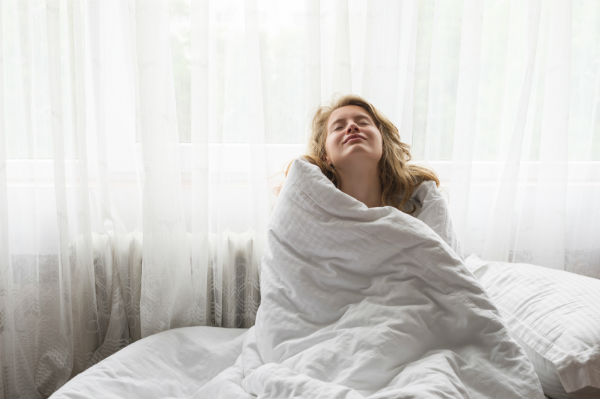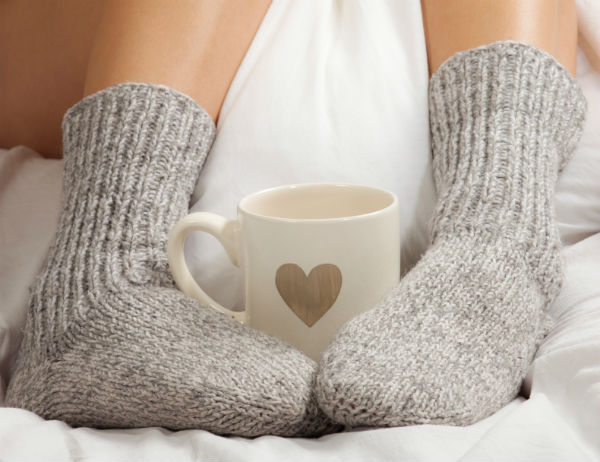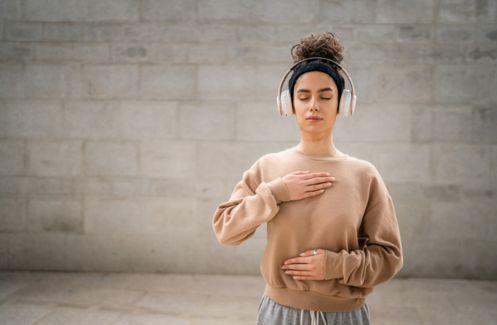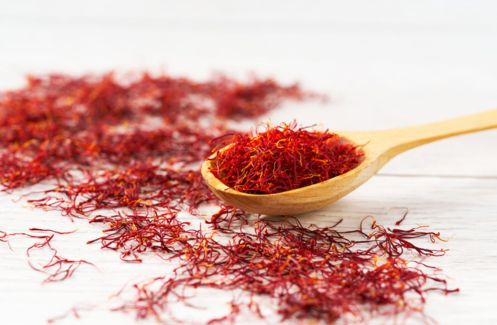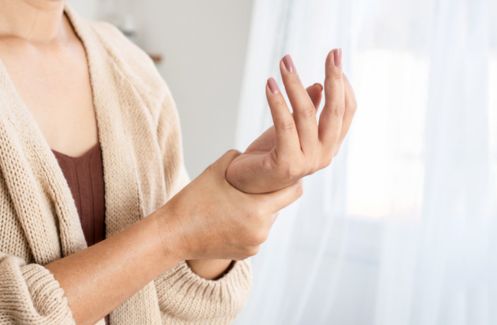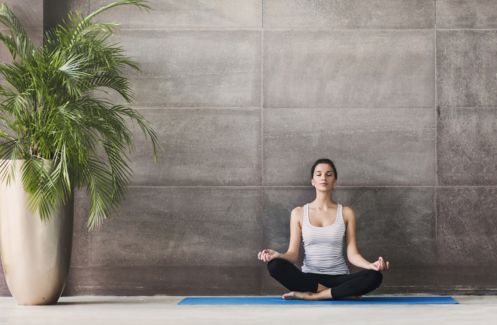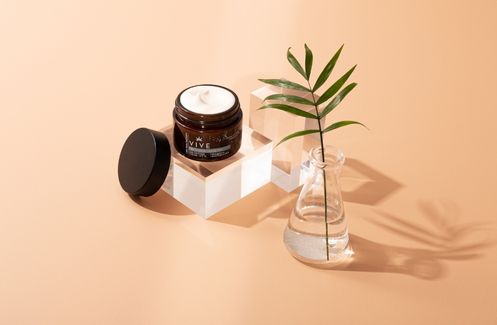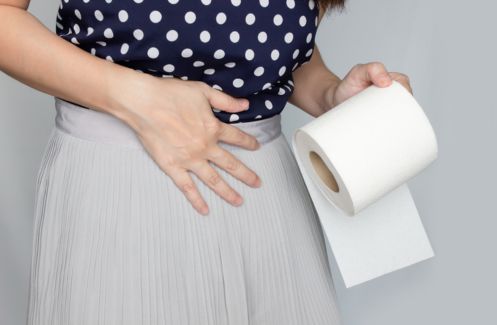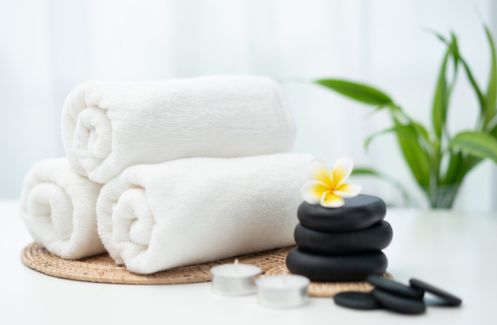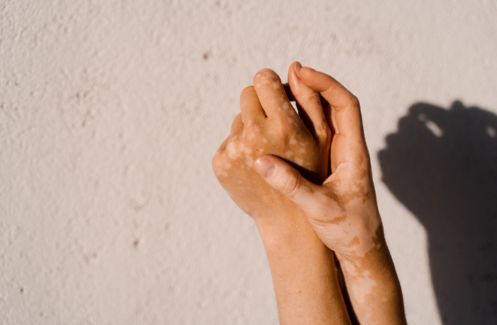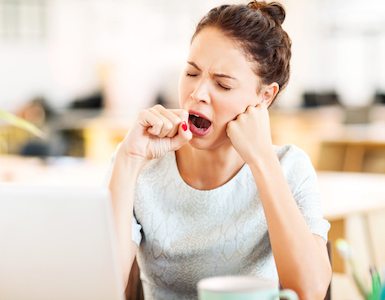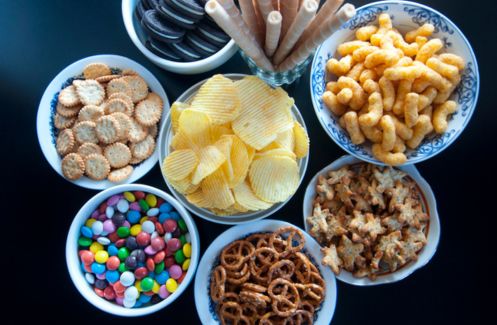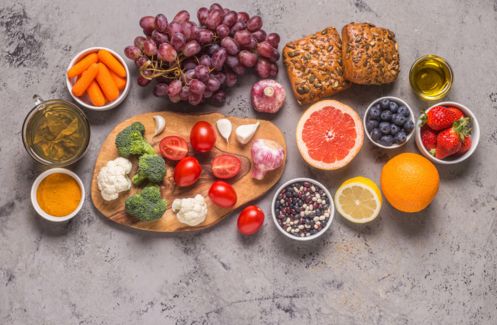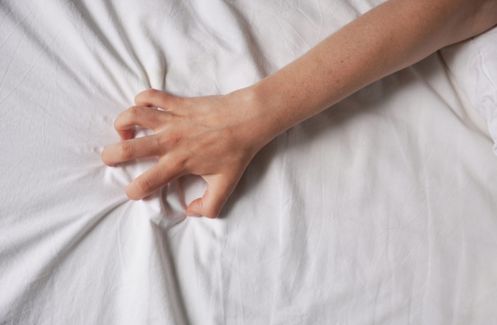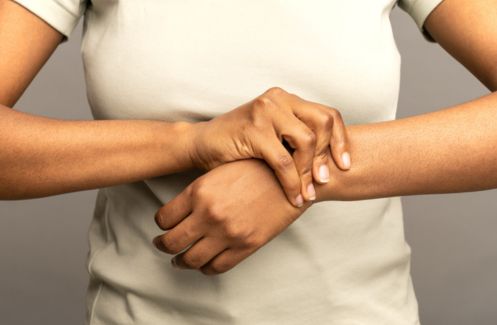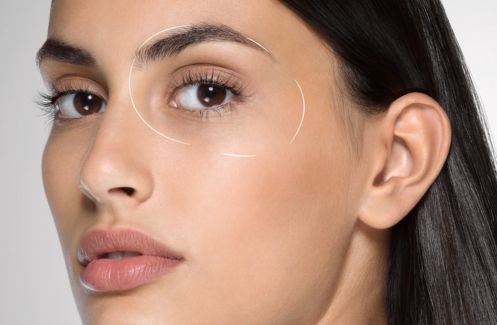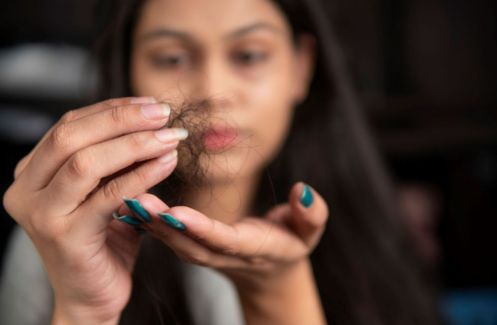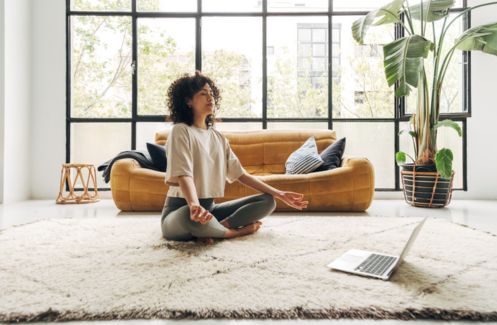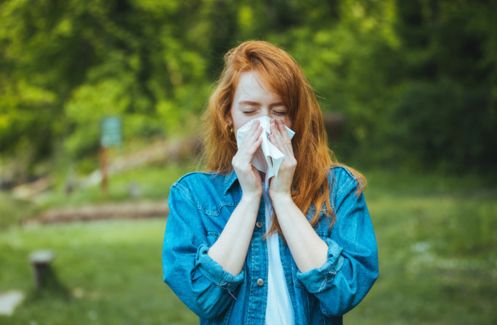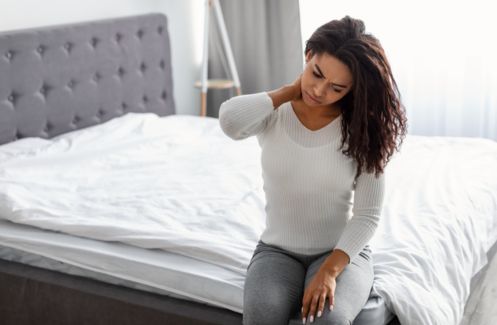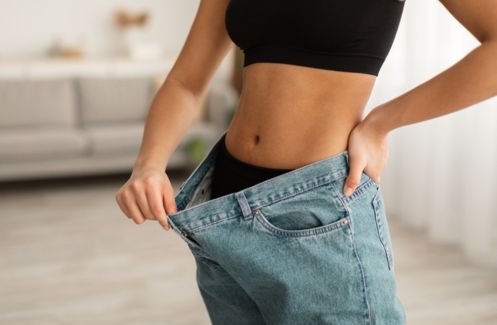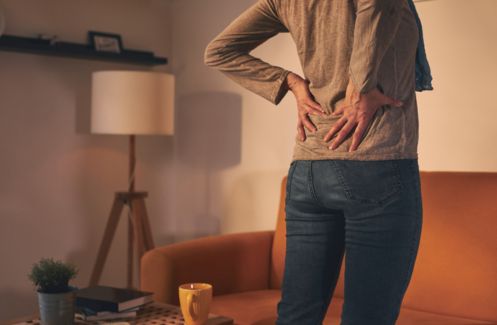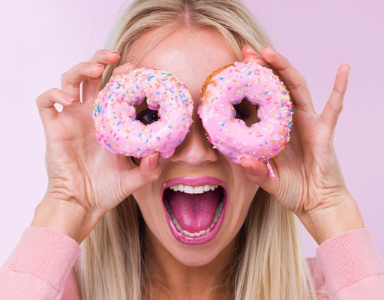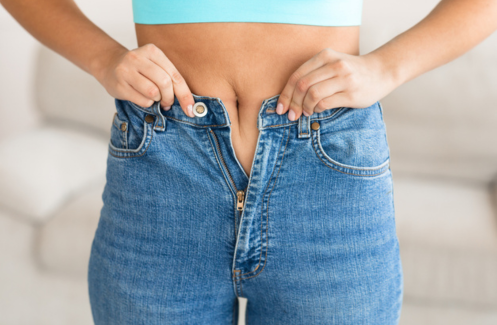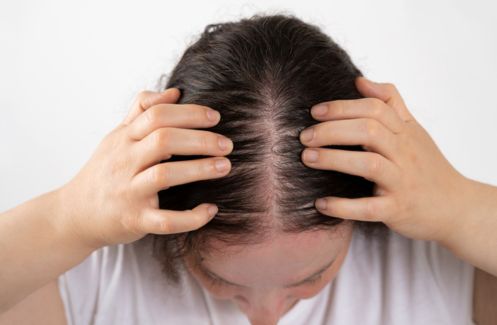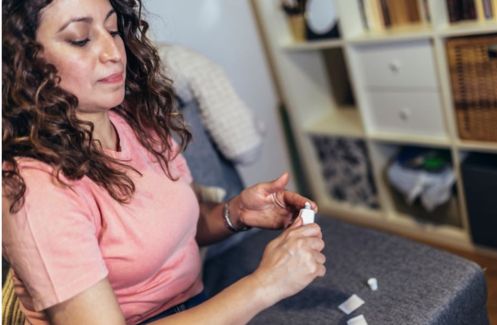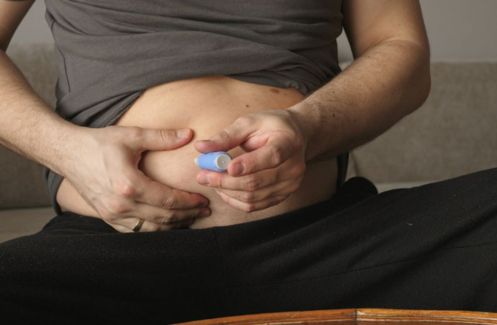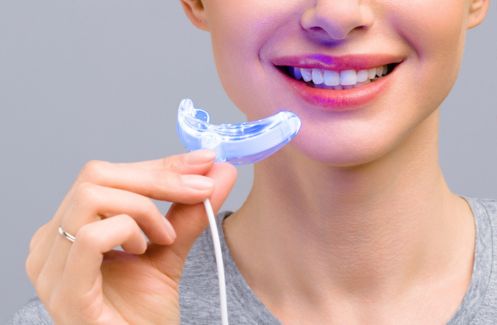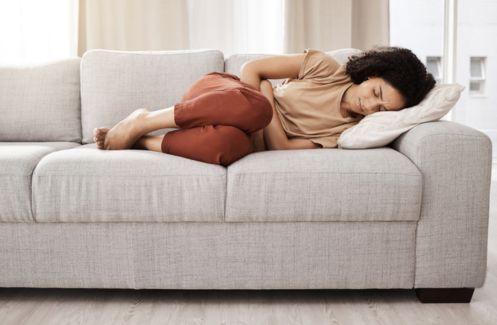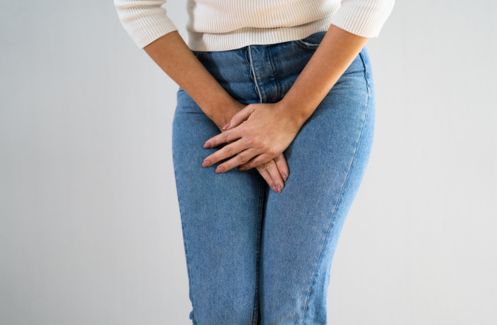Are you one of the millions that struggle to stay asleep once they’ve nodded off? Nutritional therapist and stress expert Charlotte Watts explains exactly why you keep waking in the night and what to do about it
Rest assured (excuse the pun) if you’re one of the many who lurch awake in the wee small hours, you are not alone. Around the 4am mark, many are staring into the dark in a state of panic and angst.
We often assume this is a purely psychological, ‘stress-based’ reaction and to some extent it is; nightmares occur around this time in REM (Rapid Eye Movement) sleep and are believed to be reflections of stress or trauma in our waking lives. Waking in fear to sudden awareness of sounds, light and movement may evoke visions of ghosts and ghouls, but this is in large part the result of a chain of physical events.
Waking naturally from REM sleep into the morning should be accompanied by energy and a positive outlook for the day, but if you have just fallen off after hours of insomnia and bad dreams this can feel worlds away.
Our bodies have set patterns of functions throughout the night, including detoxification, clearance of harmful invaders and building antibodies to protect us in the day ahead. It’s a busy time for the body and optimal function of all body systems relies on the restoration that occurs when the body is in deep rest.
2am to 6am is the period of most REM (Rapid Eye Movement) sleep where we dream and process psychological issues, important for good mental health. Waking naturally from REM sleep into the morning should be accompanied by energy and a positive outlook for the day, but if you have just fallen off after hours of insomnia and bad dreams this can feel worlds away.
We move between non-REM and REM sleep cycles through 90 minute cycles each night. Some sleep researchers believe that night waking is quite natural, we probably drift in and out of sleep but often don’t really notice. It is when that waking comes with a sudden start or just rising into a more coherently wakeful state that difficulty dropping back off again becomes an issue.
The role of stress and blood sugar levels
Sudden waking in the night can often be traced back to blood sugar irregularities during the preceding day; rather than a drip-feed, sustained level of the sugar in our bloodstream that fuels all of our cells, we often lurch from ‘highs’ to ‘lows’ in reaction to sudden surges from refined sugars, processed foods, caffeine, stimulants and stress. This leaves us ill equipped to sustain blood sugar levels throughout the night (a long time without sustenance) and if they dip too low survival mechanisms kick in. To stop us slipping into a coma the adrenal glands signal to the liver to kick-start gluconeogenesis (literally ‘sugar-new-creation’) and they do this by giving us a shot of adrenaline.
Worries can become exacerbated and catch us in vicious cycles of wakefulness, especially if fueled by a disconcerting dream.
As I explain in my book De-Stress Effect adrenaline is the hormone that signals the ‘fight-or-flight’ response, instantaneously preparing us for a life-threatening danger. The resultant raised heartbeat, heightened senses and tense muscles are all necessary if attacked by a tiger, but little use when we are trying to drop off. Nightmares can add to this state and combined with dropping blood sugar levels, waking becomes more likely. Modern stress response triggers are more sociologically based, but our bodies are still in hunter-gatherer mode. So worries can become exacerbated and catch us in vicious cycles of wakefulness, especially if fueled by a disconcerting dream.
4am waking can also be linked to a shift in our metabolic states, when the body moves from a catabolic (building up) phase to heal and renew during the night, to anabolic (breaking down) through exertion in the active daytime. Stress in the day can unbalance the hormones that make this a smooth transition and also contribute to energy dips around the opposite shift at 4pm, when we shift back into restful catabolic mode to prepare for bed. As many of us aren’t seeing this late afternoon time as the beginning of a natural wind-down to bed, our sleep quality may be affected by keeping up activity and stimulus too late into the evening.
The effects of sleep deprivation
Chronic sleep deprivation has shown to increase appetite and decrease satiety, a crucial link to weight gain. It has also shown to reduce empathy, meaning on less sleep we make decisions from a more analytical than compassionate place. This may sound more efficient, but working from both left and right sides of the brain is most creative and inspired, necessary even when our work involves logic. As our bodies heal and repair in the resting parasympathetic tone of the autonomic nervous system overnight, not fully reaching – or coming in and out of – this phase can compromise skin quality, immune health and ability to cope with stress, all adding up to premature ageing and increased risk of chronic disease.
The role of serotonin and how it offers nutritional solutions
Serotonin is a neurotransmitter (brain chemical) with a central role in sleep cycle regulation, but also affects mood, physiology, behaviour, sexual desire and pain tolerance. We produce serotonin from an amino acid (protein) called tryptophan; this is found in bananas, figs, milk, lentils, tuna, turkey, wholegrain crackers and yoghurt – basing a light supper around these foods can help to promote sleep. Serotonin rises to calm us down in the evening and then we produce the sleep hormone melatonin from serotonin, which governs our circadian rhythm and signals sleep. Melatonin is also an important antioxidant, one of the reasons why getting enough sleep is anti-ageing.
Having a carbohydrate snack before bed has the double whammy of providing a source of sustainable sugar throughout the night to help prevent sudden waking and provoking production of the hormone insulin to take these sugars into cells for energy. Insulin is needed to move the building blocks of serotonin into the brain and low levels of serotonin signal sugar cravings for this effect. These are often quick-fix versions like cakes and biscuits – a link between low serotonin and weight gain – that keep the blood sugar imbalance cycle going. Instead choosing complex carbohydrate (plant-based food) sources that release sugars more slowly, such as fruit, oats and other wholegrains, maintain blood sugar levels throughout the night. So grandma’s ‘biscuit by the bedside’ is not the ‘perfect’ nutritional solution, but it has some credence. A halfway point like a small flapjack or oat-based biscuit may be the answer for you.
Taking the long-term view, constant blood sugar levels need slow-release top-ups throughout the preceding day to achieve good REM sleep. Breakfast has been hailed as ‘most important meal of the day’, but we need to consider the whole day; ‘breakfast like a king, lunch like a prince and dinner like a pauper’ – with an added bedtime snack.
Magnesium over alcohol and pills
Much like having sugar instant hits shoot up energy in the short-term only, alcohol has the illusion of a quick-fix ‘cure’ for sleeplessness. This effect is produced by stimulus of the neurotransmitter GABA (gamma-amino-butyric acid), which decreases excess adrenaline, calming the nervous system. We should be able to produce this naturally around bed-time, but we need the mineral magnesium to do so and many of us receive too little in our diets (from green leafy vegetables, fish, nuts and seeds) whilst using it up quickly through stress, as it is a relaxant in its own right. Supplementing as magnesium citrate (300-400mg) with dinner may help support quality sleep.
alcohol has the illusion of a quick-fix ‘cure’ for sleeplessness.
GABA is produced by our brains in response to alcohol, cannabis or tranquillisers and many turn to these to help switch off at night. However the effects are short-lived and if these are taken close to bedtime, the comedown can disturb REM sleep as ultimately they reduce our ability to respond to our own natural production.
How modern life keeps you awake
Ideally our nervous systems need to move from the excitory state that keeps us energised throughout the day to the inhibitory evening state that allows healing, recovery and sleep. Eating large meals late, having stimulants such as caffeine and sugar and getting overexcited beyond 7pm are not conducive to this idyll of tranquillity.
We need to strike a balance that suits us.
Let’s face it, modern life sets us up against this tide of good sleep, often leaving us little time elsewhere for eating, unwinding or socialising and many dread the idea of a quiet night with meditation and then a good book. We need to strike a balance that suits us and revel in the preparation for bed to see off the early morning monsters.
Are you overtired?
Not getting enough sleep accumulates; even small shaves off the amount you need add up over the years and scientists say that we don’t catch up well. The amount of sleep we need differs (7-9 hours range is often cited) and we all know when we’re not getting enough. If your job means you get up earlier than your natural body rhythm, you will need to go to bed earlier. This is not wasted time, it improves the quality of your life when you are awake.
A sure sign that we are overtired is if we drop straight to sleep as soon as our heads touch the pillow. Dropping into sleep naturally takes around seven minutes and this slow descent represents smooth, even tides of sleep cycles. Falling into sleep suddenly can show our trajectories have plummets with sharp rise, making us more likely to reach waking brain waves through the night.
Dropping into sleep naturally takes around seven minutes
If you’re waking up with a crick neck or aches or sense you haven’t moved much during the night, you’re possibly sleeping too deeply from over-tiredness. In healthy sleep, our bodies move us around to ensure we don’t hold muscles in the same place for too long periods.
5 ways to prepare for bed so you stay asleep
- Use downtime and quiet – it’s a slightly unrealistic expectation to expect highly stimulated brains and bodies to suddenly switch gears and drop into peaceful and sustained sleep.
- Stay away from screens that create the quick eye movements that wake up the brain and instead go low-tech and even have candles instead of electric lighting wherever possible, for less aggravating light spectrums on the sleep hormone melatonin.
- If you have a hot bath before bed, allow your body to cool down to room temperature before going to sleep or we can be woken by the sudden drop in temperature.
- Try and be there by 10pm The most restorative time for our adrenal glands is in the two hours before midnight, so being in bed by 10pm is great stress recovery, even a few times a week.
- Restorative yoga has been shown to help promote both calm and sleep and can be done with teeth cleaned, in pyjamas, ready to slide straight into bed.
5 ways to improve your overall sleep hygiene
- Consistent bedtimes and length of sleep Optimise sleep patterns best – aim to always get up at the same time, however poor your sleep in the night.
- Dark bedrooms create better sleep Serotonin signals the release of melatonin, only released when our pineal glands (‘third eye’) senses low light levels .
- Journal If racing thoughts or worries are interfering with your sleep, try writing them down to pour them out and empty your mind. This is especially helpful if you feel you have things to remember, but also helps you process ruminations going round and round and keeping you in an excitory tone.
- Keep the bed for sleeping in only (and making love) Create a safe, cosy haven for sleep – make sure the bedroom is quiet and restful and enjoy fresh clean sheets. Keep this space free from clutter and mess to encourage a clear, calm mind.
- Wear ear plugs if you are easily disturbed or your partner snores! The wax ones are best.
Once you being enjoying the comfort of being cocooned in bed, you can even turn the experience around to enjoy the feelings
6 ways to stop waking in the night
- Don’t get up (and if you do, don’t put lots of light on) unless briefly to the toilet and even then, turn as few lights on as possible and go straight back to bed. Keeping yourself the least stimulated gives you the best chance of dropping off again. Getting up completely raises motivating hormones and neurotransmitters to completely interrupt sleep cycles.
- Turn the alarm clock in your bedroom to face the other way – seeing the time is stimulating and could lead to more anxiety about the amount of sleep you’re missing.
- Don’t worry about waking up The reality is you’re probably getting more sleep than you think and even lying in bed in the dark is restful. Once you being enjoying the comfort of being cocooned in bed, you can even turn the experience around to enjoy the feelings – after all, you usually miss them when you’re unconscious! Worrying about it will stimulate your sympathetic (thinking) nervous system and making getting back to sleep harder.
- Remind yourself you’re safe This mindfulness of body sensations can help you come down out of your head, away from any churning thoughts or worries. You can then practice disidentification, the practice of seeing those fears apart from yourself, acknowledging that they are not happening right now and how your body is safe and supported in bed.
- Fantasise Bring to mind a lovely vision, fantasy (any kind) or memory and let your more creative right brain have the reins.
- Listen to something (that isn’t your own thoughts!) If you have racing thoughts, listening to audio books or podcasts satisfies the language centres of the brain, providing voices other than your own internally generated ones. Personally I find lectures on quantum physics or philosophy send me back off to slumber land a treat!
Read Charlotte’s Calmista blog on Healthista.com

Like this article? Sign up to our newsletter to get more articles like this delivered straight to your inbox.



